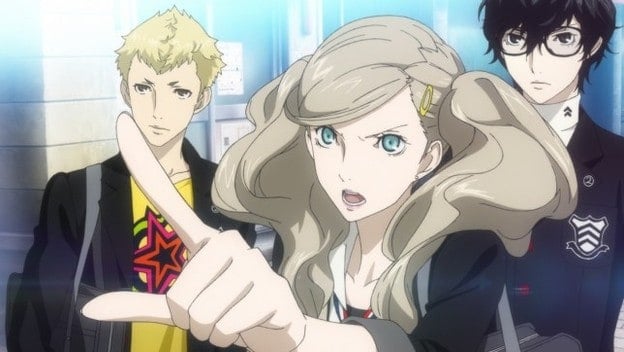Japan is an essential participant in the video game history book. Without Japanese video game developers, well, things would have died with the Atari. So many classic games and series come from that country, and many continue to this day. However, in our current age of multi-million-dollar AAA blockbusters dominating the industry with loot boxes, loot drops, and military ordinance, you don’t see many Japanese devs populating that space.
Considering how long Japan sat atop the industry, why are there only a few exceptions to that ? Here are a few reasons, most of them conjecture on my part.
Anime Isn’t Cool
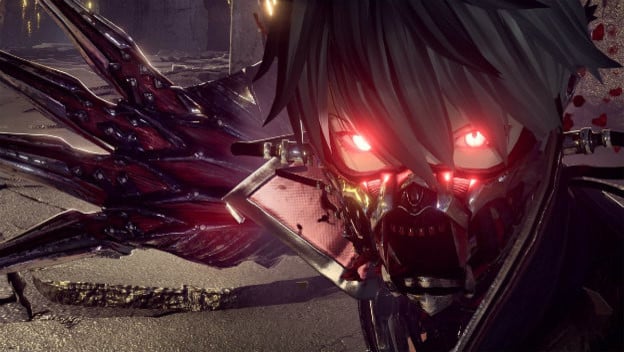
I mean, I think anime is cool, and a ton of other people do as well. But most people walking into GameStop or whatever don’t. “Anime” doesn’t actually mean anything, but it has come to sort of represent a certain style that is very much dominant in Japan. And it’s a distinct and insular enough style to put people off if they aren’t already drinking the Kool-Aid. That’s why games more about grit and/or photorealism dominate the AAA scene.
Japanese Games Focus on Systems and Gameplay
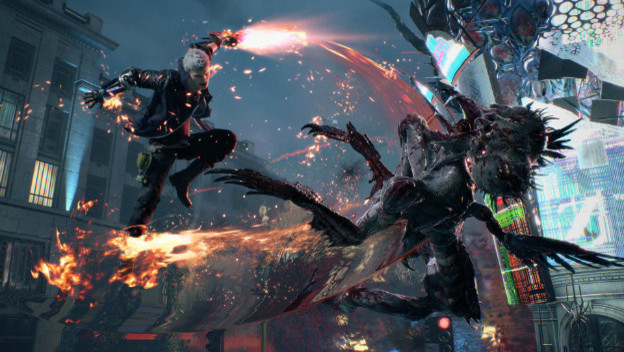
When it comes to big AAA games, there are certain aspects of them that help them appeal to such a wide audience. They’re often heavy on storytelling or lore, have extensive, long-running multiplayer options, and put things like fidelity and horsepower over creating unique gameplay systems. Meanwhile, most Japanese games are more about deep gameplay (or systems, when it comes to RPGs), experimentation, and ideas or concepts rather than telling large, lore-fueled stories.
Localization Is Hard and Expensive
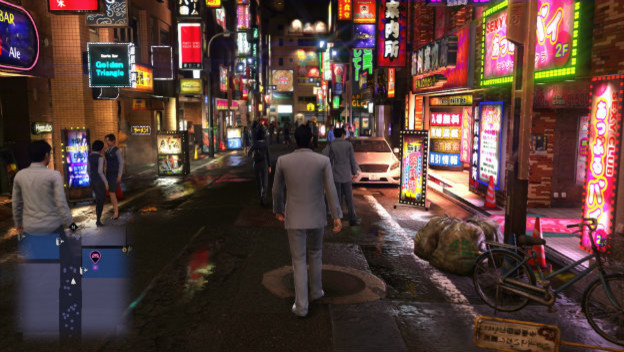
Unfortunately, Japanese isn’t a language that translates easily to Germanic languages like (and especially) English. Games at similar scale to the stuff Ubisoft or Bethesda crank out would require tons of resources to localize, and localization is essential to reaching the widest audiences. Some of Japan’s biggest franchises, like Yakuza or Dragon Quest, long struggled to make it over here without severe compromises due to localization needs and comparatively low returns.
Budgets Run Low
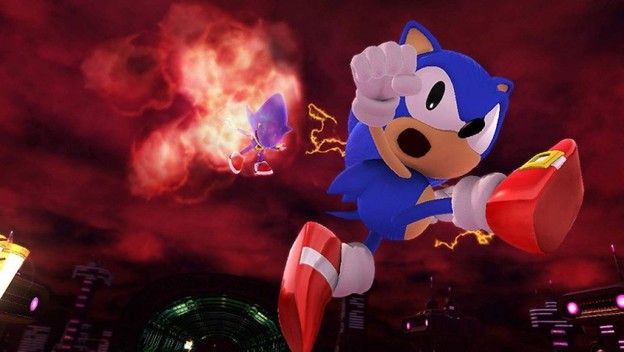
Speaking of scale, even without localizations, Japanese games tend to have lower budgets across the board compared to western AAA games. Sure, you have things like Final Fantasy or Metal Gear going against that trend, but well, there has been a ton of financial drama surrounding both of those franchises. Japan is a small country with a dwindling gaming population. Even big franchise names like Sonic the Hedgehog suffer from low resources, and some of the best games still have weird quirks and obvious signs of budget restraints. Working within those limitations often leads to great games, but they don’t usually have that AAA shine.
AAA Games Need Western Sales
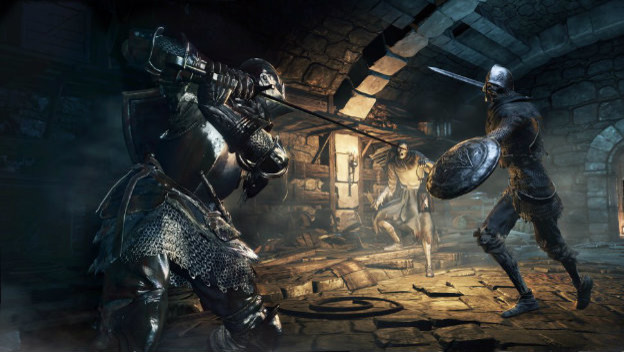
Scale is going to be a big theme in this list. AAA games cost millions of dollars to make and, generally speaking, that budget gets doubled for marketing. Recouping that takes ludicrously high sales, and games that sell millions in AAA territory can still be considered failures. That’s too much risk for a game developed primarily for a much smaller market. Localizations are happening more often lately, but they were pretty rare for a while there. Part of that has been the prominence of Dark Souls , which has a lot more appeal for western audiences due to things like its mysterious lore and western dark fantasy style.
Economic Woes and Risk Aversion
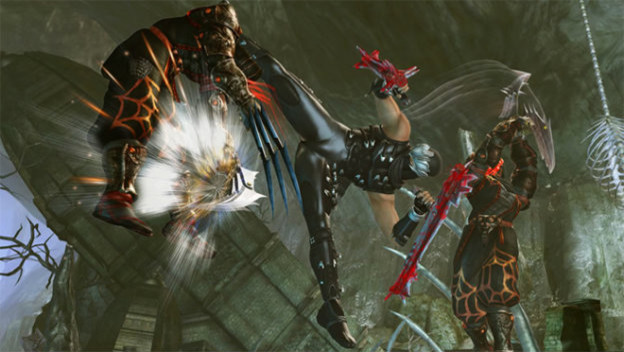
The Xbox 360 and PS3 era hit alongside a recession, one that had a global impact beyond just America. In the previous slide, I mentioned the relative rarity of localizations and again, scale. Many Japanese developers struggled with the HD transition, and game sales really started to get railroaded towards big, annual franchises and games with both open worlds and bloated runtimes. In recent years, things have looked up for Japanese games as the economy has recovered a bit, and riskier projects are doing better. The success of the Switch balancing out the failure of the Vita has also been a big factor here.
Cultural Differences
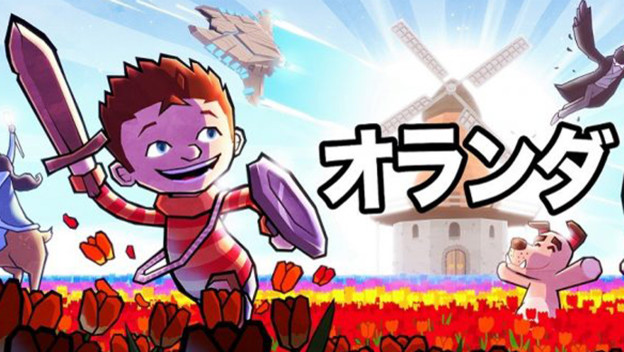
Western games have their weirdness, their problematic elements, and their… cheesecake. So do Japanese games. But the specific differences are pretty intense, and differences scare people away. Series like Senran Kagura , blatant otaku bait, aren’t exactly going to be heavy hitters. Japanese games often have a reputation for being “weird,” even outside of the actually weird stuff. Cultural differences don’t often translate well with entertainment media, which contributes to foreign media being considered niche.
Niche Audiences
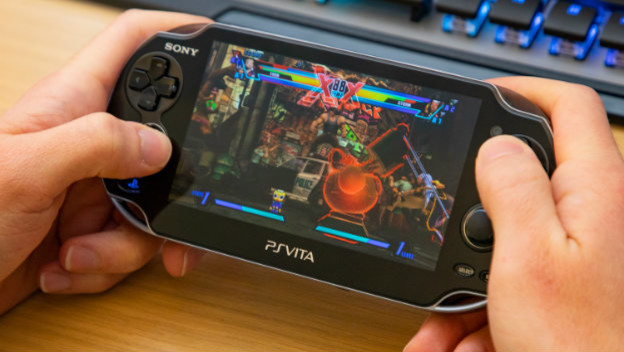
This slide probably isn’t surprising, considering all the other ones. The most successful Japanese games often are so successful because they appeal to specific gaming niches. You have fighting games, Wizardry- inspired JRPGs, visual novels, and so on and so forth. Western developers hardly touch any of these genres (with a few exceptions) for a reason. You can’t spend $300 million and make thrice that with a Mystery Dungeon game. But the way Japanese developers structure their smaller-scale releases, Mystery Dungeon can be an IP that lasts for decades.
PC Gaming Is Small Potatoes
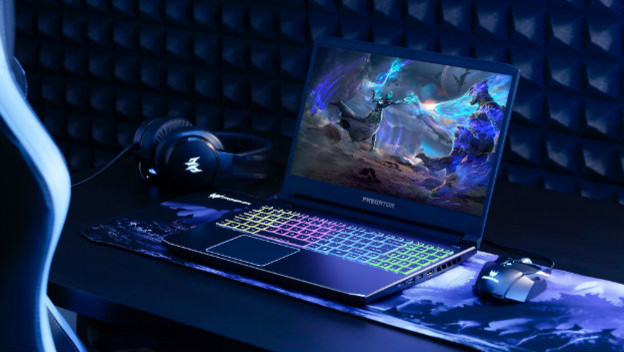
For a long time, PC ports of big Japanese games were conspicuously scarce. PC gaming in Japan seemed to be relegated to indie games (like Cave Story ), porn, and the odd Square Enix or Capcom port. Eventually, some dev reps told interviewers that PC gaming just wasn’t a big deal in Japan, therefore devs didn’t put resources into it. That began to change over time, especially as the walls between PCs and consoles broke down, and platforms like Steam became viable for niche games. Now, many Japanese games get PC ports, with publishers like Bandai Namco really capitalizing.
Mobile Gaming Is King

Japan has a pretty intense work culture and a proportionately intense commute culture. People are always riding on trains to and from work and just about anywhere else they go. Public transit infrastructure is great there. That’s why the Nintendo DS and PSP did so well there. Handheld gaming is the business in Japan, and when mobile gaming caught up to handheld platforms, well, it was pretty much a done deal.
Most devs and publishers are making the real bank on mobile games like Fate/Grand Order and Granblue Fantasy , making shelling out the resources for AAA console games even less appealing. So while Japanese games have made a bit of a comeback this generation, that’s mostly because nerds over here are buying them more.
